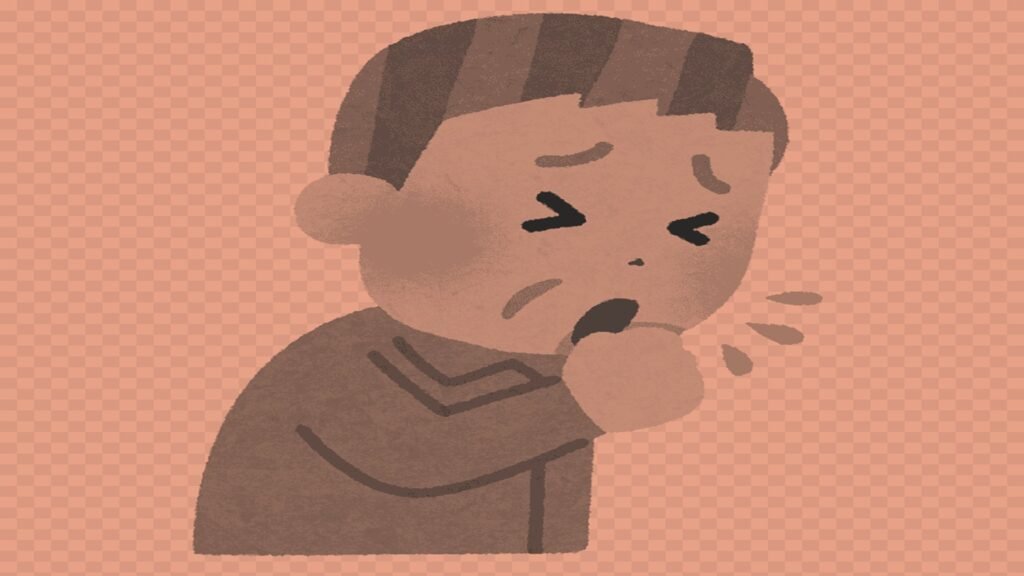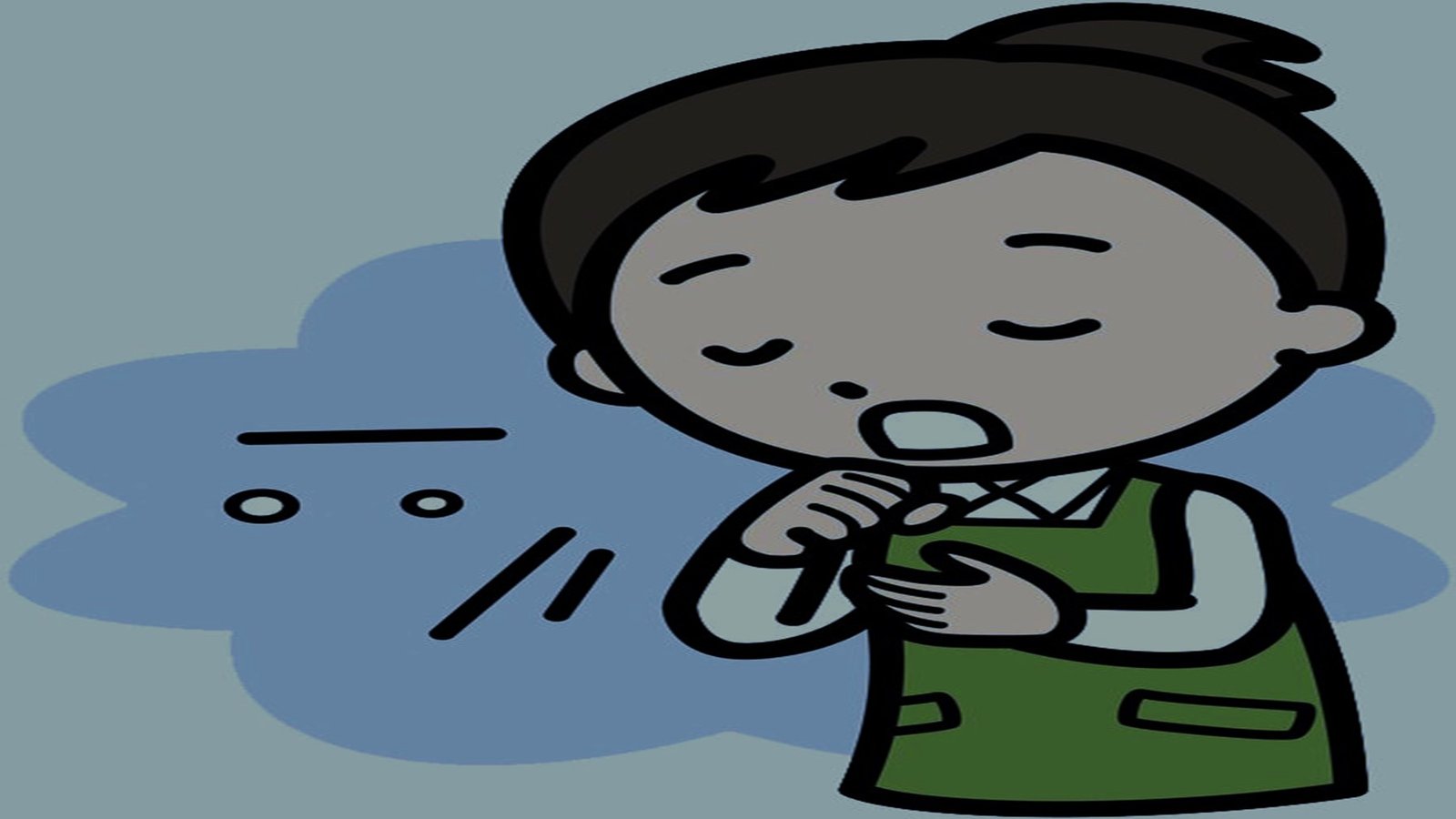Cold and cough might seem like minor inconveniences, but neglecting them can lead to severe complications. Often dismissed as “just a cold,” these symptoms can be indicators of underlying health issues that require attention. This blog post will delve into the reasons why you should never ignore cold and cough, explore the potential risks, and provide practical advice on prevention and treatment.
Understanding Cold and Cough: What Are They?
- Common Cold: A viral infection that primarily affects the nose, throat, and sinuses, the common cold is caused by various viruses, with rhinoviruses being the most prevalent. Symptoms include a runny nose, sneezing, sore throat, and mild fever.
- Cough: A reflex action that clears your airways of irritants like mucus, dust, or smoke, a cough can be acute (lasting less than three weeks), subacute (lasting three to eight weeks), or chronic (lasting more than eight weeks). Coughs can be dry (non-productive) or wet (productive), indicating different underlying causes.
Why Are Cold and Cough Common?

Cold and cough are highly contagious, spreading through droplets in the air or through contact with contaminated surfaces. Seasonal changes, a weakened immune system, and close contact with infected individuals increase the likelihood of catching these ailments.
Why You Shouldn’t Neglect Cold and Cough
Potential Complications
- Sinusitis: Untreated cold symptoms can lead to sinusitis, an infection or inflammation of the sinuses, causing pain, headaches, and prolonged discomfort.
- Bronchitis: A persistent cough can develop into bronchitis, where the bronchial tubes become inflamed, leading to a prolonged, productive cough and difficulty breathing.
- Pneumonia: In some cases, what begins as a cold or cough can progress to pneumonia, a severe lung infection that requires medical intervention.
- Chronic Respiratory Issues: Ignoring persistent coughs can lead to chronic conditions like asthma or chronic obstructive pulmonary disease (COPD), which significantly impact quality of life.
- Spread of Infection: By neglecting your symptoms, you not only risk your health but also contribute to the spread of the virus to others, especially those with weaker immune systems, such as the elderly and young children.
Impact on Daily Life
Beyond physical health, chronic cold and cough can interfere with daily activities, causing fatigue, loss of productivity, and sleep disturbances. Persistent symptoms can also lead to stress and anxiety, further weakening the immune system and prolonging recovery.
Prevention: How to Protect Yourself from Cold and Cough
Boost Your Immune System
- Nutrition: Consume a balanced diet rich in vitamins, particularly Vitamin C, zinc, and antioxidants, to support immune function.
- Hydration: Drink plenty of fluids to keep your body hydrated, which helps in maintaining mucosal integrity and flushing out toxins.
- Regular Exercise: Engage in moderate physical activity to enhance circulation and immune response.
Hygiene Practices
- Hand Washing: Regularly wash your hands with soap and water for at least 20 seconds, especially after being in public spaces.
- Avoid Touching Your Face: Reduce the risk of virus transmission by avoiding touching your eyes, nose, and mouth with unwashed hands.
- Disinfect Surfaces: Regularly clean and disinfect frequently-touched objects and surfaces, such as doorknobs, phones, and keyboards.
Seasonal Precautions
- Dress Appropriately: Keep warm during cold weather, as exposure to cold can lower your body’s defense mechanisms.
- Stay Hydrated: Dry indoor air during winter can dry out mucous membranes, making you more susceptible to infections. Use a humidifier if necessary.
Vaccination
- Flu Shots: Annual flu vaccinations can reduce the risk of flu, which often mimics cold symptoms but with more severe consequences.
- Pneumococcal Vaccine: For those at higher risk, such as the elderly or people with chronic illnesses, the pneumococcal vaccine can help prevent pneumonia, a potential complication of colds and coughs.
Treatment: Addressing Cold and Cough Effectively
Home Remedies
- Rest and Hydration: Adequate rest and fluid intake are essential for recovery. Water, herbal teas, and broths can help soothe the throat and reduce congestion.
- Steam Inhalation: Inhaling steam can help loosen mucus and relieve nasal congestion. Adding eucalyptus oil to the steam can enhance its effectiveness.
- Honey and Lemon: A mixture of honey and lemon in warm water can soothe a sore throat and suppress cough. Honey also has natural antibacterial properties.
- Saltwater Gargle: Gargling with warm saltwater can help reduce throat inflammation and kill bacteria.
- Herbal Remedies: Ginger, garlic, and turmeric have anti-inflammatory and antiviral properties that can support recovery.
Over-the-Counter Medications
- Decongestants: These can help reduce nasal congestion but should be used with caution, especially in people with high blood pressure.
- Cough Suppressants: For a dry cough, suppressants can provide relief, while expectorants are useful for productive coughs by helping to clear mucus.
- Pain Relievers: Acetaminophen or ibuprofen can help alleviate pain and reduce fever.
When to See a Doctor
- Persistent Symptoms: If symptoms persist beyond 10 days or worsen, it’s time to consult a healthcare professional.
- High Fever: A fever above 101.3°F (38.5°C) that lasts more than three days requires medical attention.
- Difficulty Breathing: Shortness of breath, wheezing, or chest pain may indicate a more serious condition like pneumonia or bronchitis.
- Chronic Conditions: If you have underlying health conditions, such as asthma or heart disease, seek medical advice at the onset of symptoms.
Conclusion
Cold and cough are often dismissed as minor illnesses, but their potential to develop into more severe health issues cannot be overstated. By understanding the causes, recognizing the risks, and implementing preventive measures, you can protect yourself and those around you from unnecessary complications. Always prioritize your health by addressing symptoms early, using effective treatments, and seeking medical advice when necessary.




